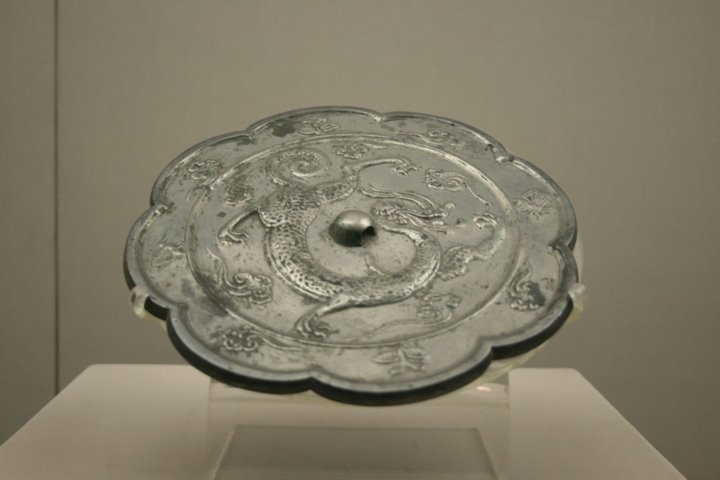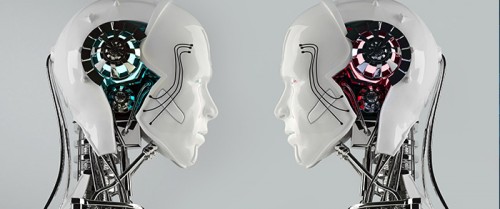from “Christmas Yet To Come”: Hospitality, Futurity, the Carol, and “The Dead”
by Paul K. Saint-Amour
When Charles Dickens’s A Christmas Carol and James Joyce’s “The Dead” are mentioned together, it tends to be on regional theater websites or on lists of “great holiday tales” rather than in any more sustained context of affiliation. This essay posits a deeper kinship between these beloved stories: they are both, I suggest, serious meditations on the ethics of hospitality. Unlike the Carol, Joyce’s story dwells on hospitality as a legal and political category as well, but it does so largely by inviting the Carol’s face-to-face ethics of hospitality into the political space of occupied Dublin. That colonial setting hosts an encounter among three forms of hospitality: the social codes of invitation and limited welcome; the ethics of limitless welcome to the absolute stranger; and the call within cosmopolitan political philosophy for a universal right of hospitality. “The Dead” thinks about how these hospitalities inform, delimit, and critique one another and asks whether they can still be thought in a political context of forcible occupation. Reprising the Carol’s interest in futurity, it considers, too, what is at stake in representing—or in refusing to represent—the future political form of a present colony. By the lights of such a reading, the Carol and “The Dead” are in fact antidotes to the holiday chestnut, a genre of foregone conclusions and sealed interiors. But we will not want to sever them entirely from the season with which they are so strongly identified. Insofar as it waits for a radical discontinuity in history—for a chance to welcome what has never yet been welcomed—the expectant temporality of Christmas remains central to these stories’ critical energies.
(from Representations 98, Spring 2007)


